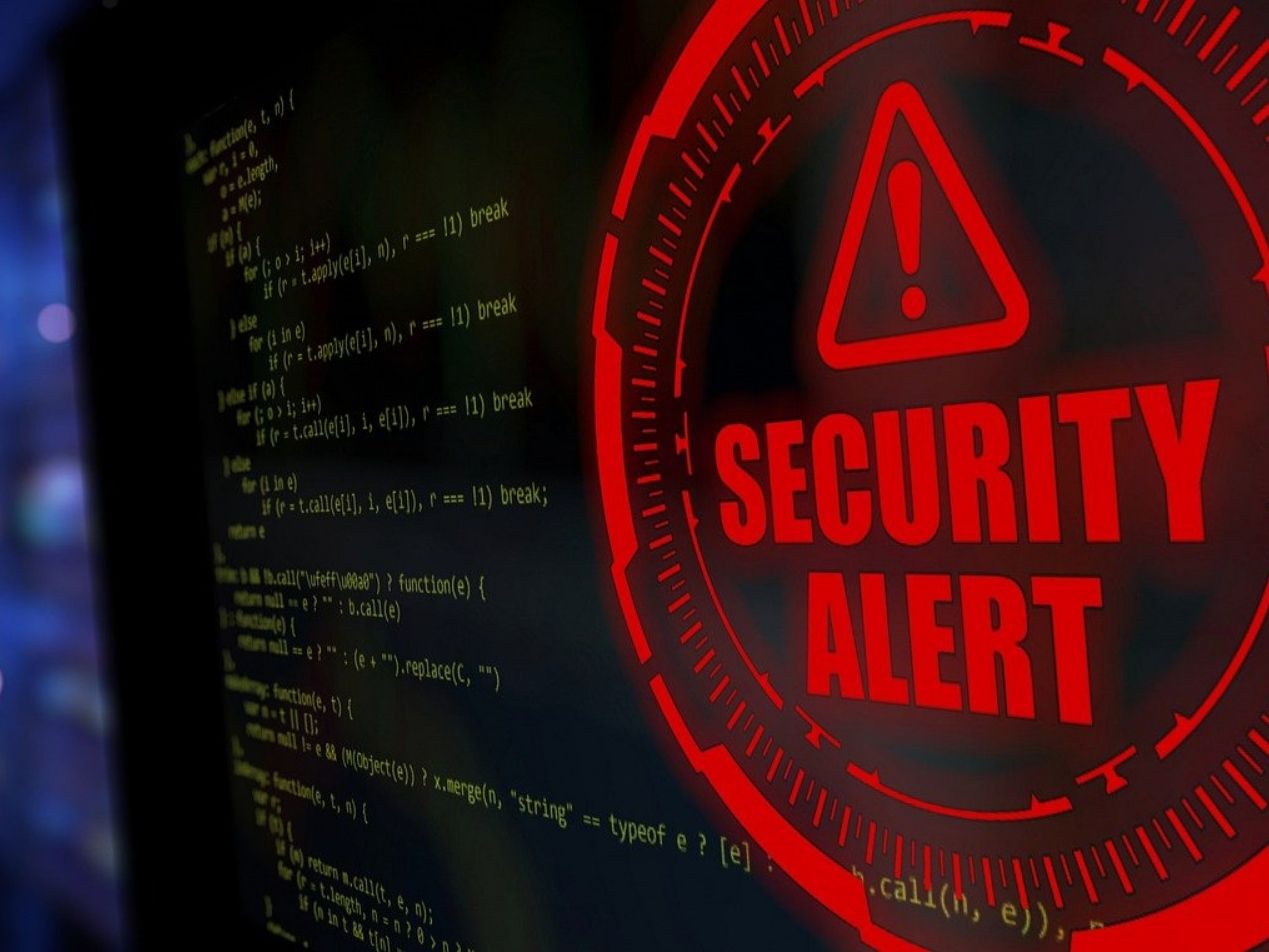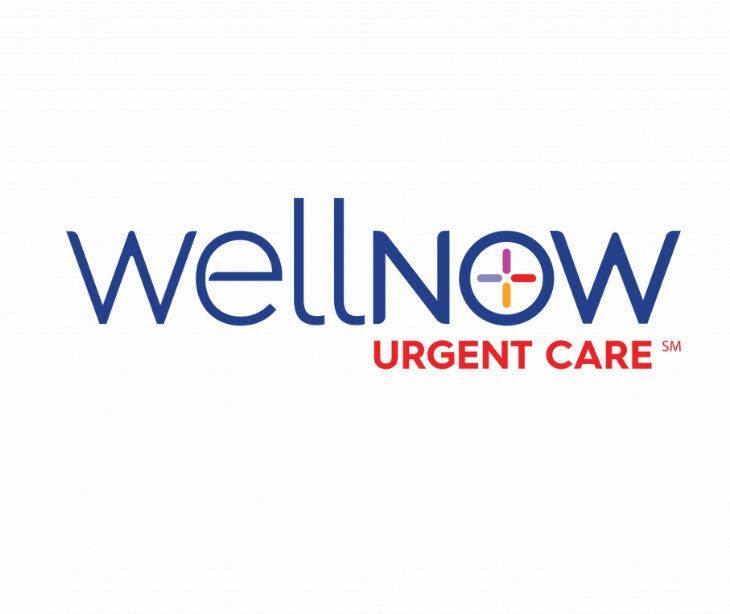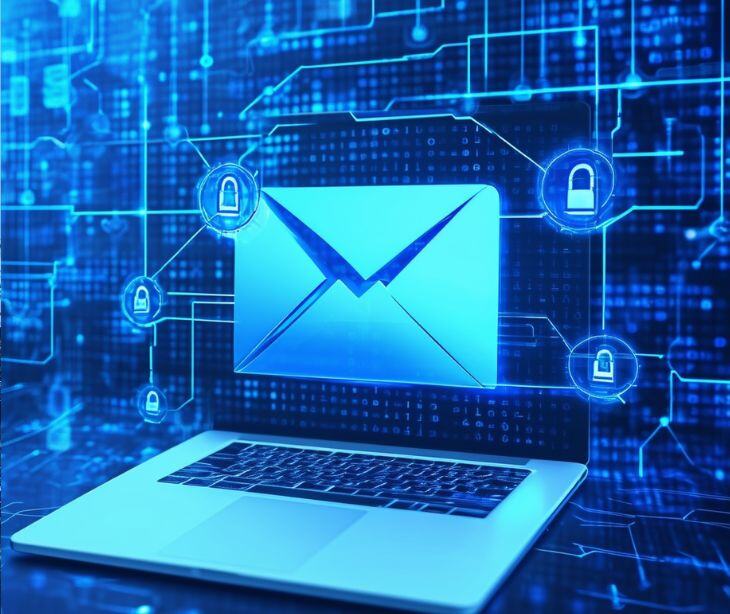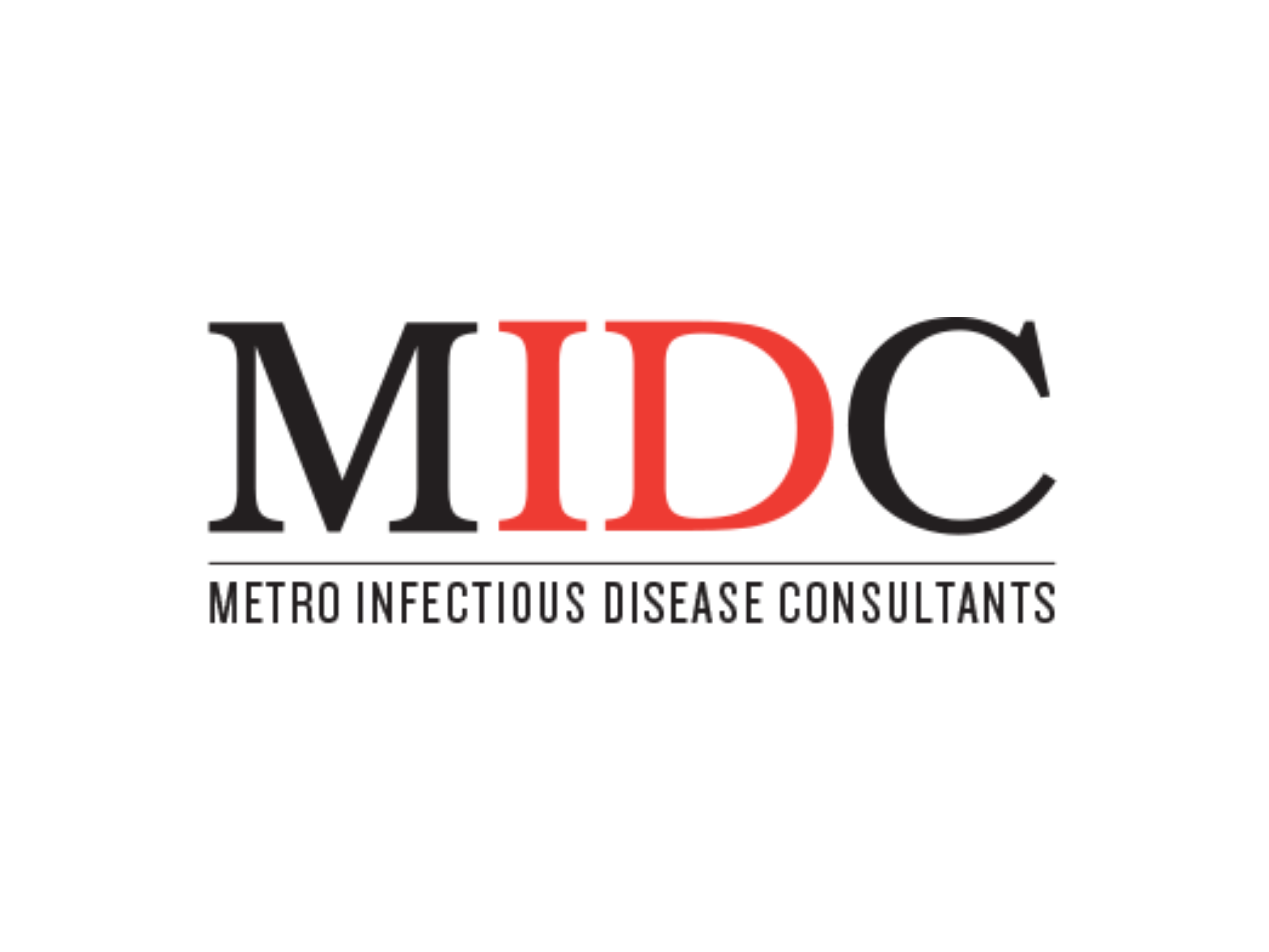
Inbound email security is essential for protecting sensitive patient information from threats such as phishing emails, malware, and other cyberattacks. For healthcare organizations handling protected health information (PHI), email remains a primary communication channel but also represents a major security vulnerability. The question many healthcare providers ask is: 'Do you need inbound email security to be HIPAA compliant?'
With the 2025 HIPAA Security Rule updates, this question has been definitively answered—inbound email security is indeed required for compliance. The elimination of 'addressable' specifications, mandatory encryption requirements, and explicit MFA mandates now make email security non-negotiable for healthcare organizations.
Understanding HIPAA requirements for email
HIPAA doesn't explicitly mandate specific email security technologies, but 45 CFR §164.306 requires covered entities to implement "appropriate administrative, technical, and physical safeguards" to protect PHI. 45 CFR §164.306(a)(1) specifically calls for measures to ensure the confidentiality, integrity, and availability of electronic PHI (ePHI).
For email systems containing or transmitting PHI, this means you need security controls. While HIPAA doesn't prescribe exact solutions, inbound email security is practically essential for meeting these requirements.
2025 HIPAA security rule updates
The 2025 HIPAA Security Rule update introduces changes that directly impact email security requirements for healthcare organizations:
Changes in the 2025 Security Rule:
- Elimination of "addressable" specifications: Previously, certain security measures were considered "addressable," allowing organizations some flexibility. The 2025 update eliminates the distinction between "required" and "addressable" implementation specifications, making all security measures mandatory unless documented alternatives achieve equivalent protection.
- Mandatory risk assessments: Regular risk assessments are now explicitly required, with email communication consistently identified as a high-risk area requiring controls.
- Required data security measures: The updated rule mandates specific security measures including:
- Encryption for all PHI in transit (directly affecting email)
- Stringent access controls
- Multi-factor authentication (MFA) for email access containing PHI
- Continuous monitoring of security controls
- Enhanced breach notification: Greater transparency and shorter timelines for breach notifications, increasing the stakes for email security failures.
Why inbound email security Is important for HIPAA compliance
1. Preventing unauthorized access
According to the 2025 Healthcare Email Security Report there has been a 264% increase in ransomware attacks targeting healthcare since 2018. Without strong inbound email filtering, your organization is vulnerable to sophisticated attacks designed to steal credentials or deploy malware that can access PHI.
2. Maintaining data integrity
HIPAA requires ensuring that ePHI is not altered or destroyed in an unauthorized manner. Email-borne threats like ransomware can encrypt or corrupt patient data, directly violating this requirement.
3. Risk analysis requirements
The HIPAA Security Rule requires covered entities to conduct risk analyses. Email consistently emerges as a high-risk area in these assessments, making security controls necessary for risk mitigation. The 2025 Healthcare Email Security Report found that only 1.1% of organizations analyzed had a 'Low Risk' email security posture.
4. Business associate considerations
Healthcare providers exchange PHI with business associates via email. Securing these communications is essential for maintaining compliance throughout the entire chain of PHI handling.
Email security measures for HIPAA compliance
To meet HIPAA requirements, healthcare organizations should implement:
- Advanced threat protection to detect and block sophisticated phishing attempts
- Email encryption for messages containing PHI
- Data loss prevention (DLP) controls
- Anti-malware and anti-virus scanning
- Access controls and authentication measures
- Audit logging of email activity
Related: HIPAA compliant email
The cost of email-related HIPAA violations
Healthcare organizations face penalties for HIPAA violations, with fines ranging from $141 to $2,134,831 per violation, depending on the level of negligence. The annual maximum penalty for violations of an identical provision can reach $2,134,831. Several notable cases demonstrate the high stakes:
- Advent Health Partners, a healthcare claims review vendor, experienced unauthorized access to employee email accounts in September 2021. These accounts contained sensitive patient information, including Social Security numbers and medical records. The organization delayed notifying affected individuals for nearly five months, violating the HIPAA Breach Notification Rule. A class-action lawsuit ensued, leading to a $500,000 settlement. Affected individuals were eligible for up to $750 in reimbursement and three years of credit monitoring services.
- In January 2021, Personal Touch Holding Corp., a home health provider, suffered a data breach due to malware introduced via a phishing email. The breach compromised the personal information of over 750,000 individuals, including medical data and Social Security numbers. A class-action lawsuit led to a $3.6 million settlement, allowing affected individuals to claim up to $7,500 for identity theft and other damages, along with two years of identity defense services.
- Lafourche Medical Group (LMG) faced a phishing attack that compromised an owner's email account, exposing the information of 34,862 patients. The Office for Civil Rights (OCR) found that LMG had not conducted a risk analysis or implemented HIPAA Security Rule policies and procedures. LMG agreed to a $480,000 settlement and to enter a corrective action plan to address these deficiencies.
Employee training
Technology alone cannot guarantee HIPAA compliance. Staff training is equally important:
- Regular security awareness training focusing on email threat recognition
- Simulated phishing exercises to test employee vigilance
- Clear protocols for reporting suspicious messages
- Periodic refresher courses on handling PHI in electronic communications
- Documentation of all training for compliance audits
Well-trained employees serve as a "human firewall" against social engineering attacks that may bypass technical controls.
Developing an email security policy
An email security policy helps ensure consistent practices:
- Define acceptable use of email systems for PHI
- Establish clear procedures for sending and receiving sensitive information
- Create incident response plans for potential email-related breaches
- Implement retention policies that balance operational needs with compliance requirements
- Schedule regular policy reviews to adapt to emerging threats
Continuous monitoring under the 2025 requirements
The new emphasis on continuous monitoring requires organizations to:
- Implement real-time email threat monitoring
- Establish regular review cycles for email security logs
- Deploy automated alerting for suspicious email activity
- Conduct periodic penetration testing of email security controls
- Document all monitoring activities for compliance audits
These ongoing activities move email security from a "set-and-forget" approach to a continuously evolving security posture.
FAQs
Does HIPAA require encryption for inbound emails specifically?
Yes, HIPAA now requires encryption for all PHI in transit, which includes securing inbound emails.
Are healthcare business associates responsible for securing their inbound email too?
Yes, business associates must secure their inbound email communications if they handle PHI, under HIPAA regulations.
How quickly must a breach involving inbound email be reported under HIPAA?
Breaches must generally be reported without unreasonable delay and no later than 60 days after discovery.
Is spam filtering enough to meet HIPAA inbound email security requirements?
No, spam filtering alone is insufficient—comprehensive threat protection and encryption are necessary.
What role does role-based access control (RBAC) play in inbound email security?
RBAC limits who can access sensitive inbound emails based on job roles, strengthening HIPAA compliance.
Subscribe to Paubox Weekly
Every Friday we bring you the most important news from Paubox. Our aim is to make you smarter, faster.




